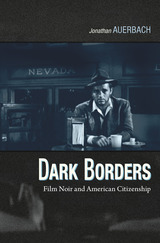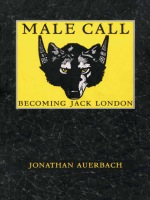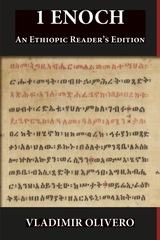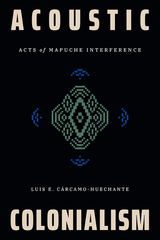2 books about Auerbach, Jonathan

Dark Borders
Film Noir and American Citizenship
Jonathan Auerbach
Duke University Press, 2011
Dark Borders connects anxieties about citizenship and national belonging in midcentury America to the sense of alienation conveyed by American film noir. Jonathan Auerbach provides in-depth interpretations of more than a dozen of these dark crime thrillers, considering them in relation to U.S. national security measures enacted from the mid-1930s to the mid-1950s. The growth of a domestic intelligence-gathering apparatus before, during, and after the Second World War raised unsettling questions about who was American and who was not, and how to tell the difference. Auerbach shows how politics and aesthetics merge in these noirs, whose oft-noted uncanniness betrays the fear that “un-American” foes lurk within the homeland. This tone of dispossession was reflected in well-known films, including Double Indemnity, Out of the Past, and Pickup on South Street, and less familiar noirs such as Stranger on the Third Floor, The Chase, and Ride the Pink Horse. Whether tracing the consequences of the Gestapo in America, or the uncertain borderlines that separate the United States from Cuba and Mexico, these movies blur boundaries; inside and outside become confused as (presumed) foreigners take over domestic space. To feel like a stranger in your own home: this is the peculiar affective condition of citizenship intensified by wartime and Cold War security measures, as well as a primary mood driving many midcentury noir films.
[more]

Male Call
Becoming Jack London
Jonathan Auerbach
Duke University Press, 1996
When Jack London died in 1916 at age forty, he was one of the most famous writers of his time. Eighty years later he remains one of the most widely read American authors in the world. The first major critical study of London to appear in a decade, Male Call analyzes the nature of his appeal by closely examining how the struggling young writer sought to promote himself in his early work as a sympathetic, romantic man of letters whose charismatic masculinity could carry more significance than his words themselves.
Jonathan Auerbach shows that London’s personal identity was not a basis of his literary success, but rather a consequence of it. Unlike previous studies of London that are driven by the author’s biography, Male Call examines how London carefully invented a trademark “self” in order to gain access to a rapidly expanding popular magazine and book market that craved authenticity, celebrity, power, and personality. Auerbach demonstrates that only one fact of London’s life truly shaped his art: his passionate desire to become a successful author. Whether imagining himself in stories and novels as a white man on trail in the Yukon, a sled dog, a tramp, or a professor; or engaging questions of manhood and mastery in terms of work, race, politics, class, or sexuality, London created a public persona for the purpose of exploiting the conventions of the publishing world and marketplace.
Revising critical commonplaces about both Jack London’s work and the meaning of “nature” within literary naturalism and turn-of-the-century ideologies of masculinity, Auerbach’s analysis intriguingly complicates our view of London and sheds light on our own postmodern preoccupation with celebrity. Male Call will attract readers with an interest in American studies, American literature, gender studies, and cultural studies.
Jonathan Auerbach shows that London’s personal identity was not a basis of his literary success, but rather a consequence of it. Unlike previous studies of London that are driven by the author’s biography, Male Call examines how London carefully invented a trademark “self” in order to gain access to a rapidly expanding popular magazine and book market that craved authenticity, celebrity, power, and personality. Auerbach demonstrates that only one fact of London’s life truly shaped his art: his passionate desire to become a successful author. Whether imagining himself in stories and novels as a white man on trail in the Yukon, a sled dog, a tramp, or a professor; or engaging questions of manhood and mastery in terms of work, race, politics, class, or sexuality, London created a public persona for the purpose of exploiting the conventions of the publishing world and marketplace.
Revising critical commonplaces about both Jack London’s work and the meaning of “nature” within literary naturalism and turn-of-the-century ideologies of masculinity, Auerbach’s analysis intriguingly complicates our view of London and sheds light on our own postmodern preoccupation with celebrity. Male Call will attract readers with an interest in American studies, American literature, gender studies, and cultural studies.
[more]
READERS
Browse our collection.
PUBLISHERS
See BiblioVault's publisher services.
STUDENT SERVICES
Files for college accessibility offices.
UChicago Accessibility Resources
home | accessibility | search | about | contact us
BiblioVault ® 2001 - 2025
The University of Chicago Press









